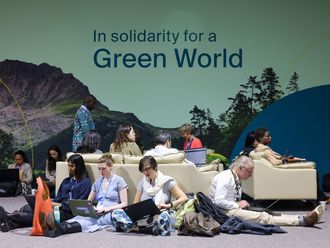The announcement of the Saudi Vision 2030 was a dramatic break with the past, as Saudi Arabia showed that it wants to move forward to a much more hopeful future, in which, innovation and private initiative will be valued, as the country seeks to end its dependence on oil revenues. It was significant that Vision 2030 was announced by Deputy Crown Prince Mohammad Bin Salman in a special TV interview, rather than in a large document, which would not have had the same popular interest. This is because Prince Mohammad is key to the plan’s success as head of the Council of Economic Development Affairs, which will implement the plan.
The centrepiece of Vision 2030 is to privatise part of Saudi Aramco and build a stronger sovereign wealth fund, but the key to long-term success is wider reforms, such as opening up the economy to more private sector activity and international investment, looking at new manufacturing sectors and supporting small and medium enterprise capabilities a great deal more than at present.
Vision 2030 also includes some useful and bold moves to reinvigorate and build a more productive society. To do this, it will review areas such as education, health care, urban development and even develop tourism for the country, but it is important that it will also touch on more personal issue, such as building more pride in the Saudi “identity”, while focusing on the country’s Islamic roots and promoting healthy lifestyles and family life. It is also encouraging that Vision 2030 promises to look at empowering women, even if this remains controversial in some of the more conservative parts of the country.







